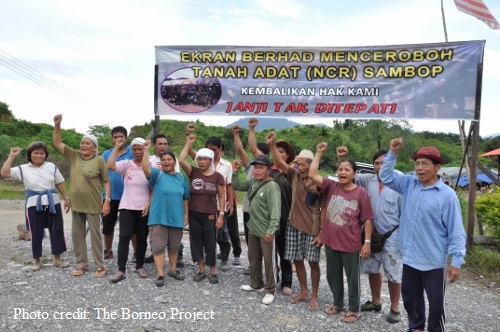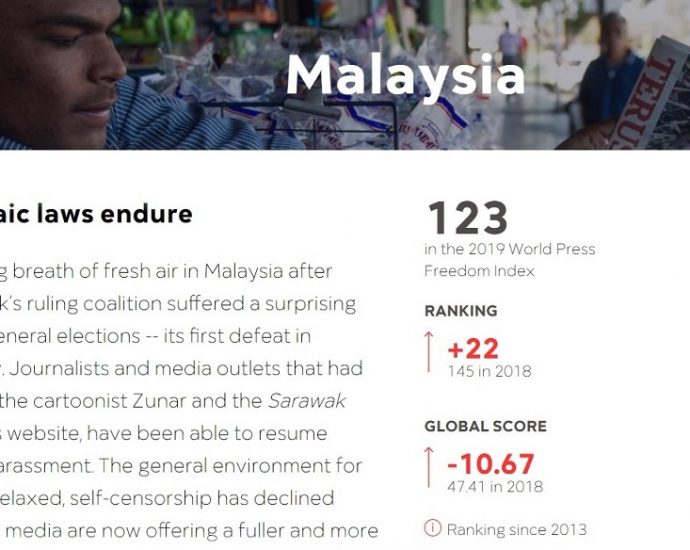‘Watching the Watchdog 2.0’ Report on the Malaysian Media Coverage of GE14
This report presents key findings from the monitoring of news media coverage of the 14th General Election in 2018 – from the dissolution of Parliament on 7 April 2018 until 12 May 2018, three days after the elections on 9 May 2018. It was conducted by the Centre for the Study of Communications and Culture under the School of Media, Languages and Cultures at the University of Nottingham Malaysia. The monitoring, with the help of 50 volunteers, covered a total of 24 outlets from the state and private media. The content was selected from the home/national pages/segments and coded to assess the coverage of 20 categories of information that are explained in detail later.Continue Reading





